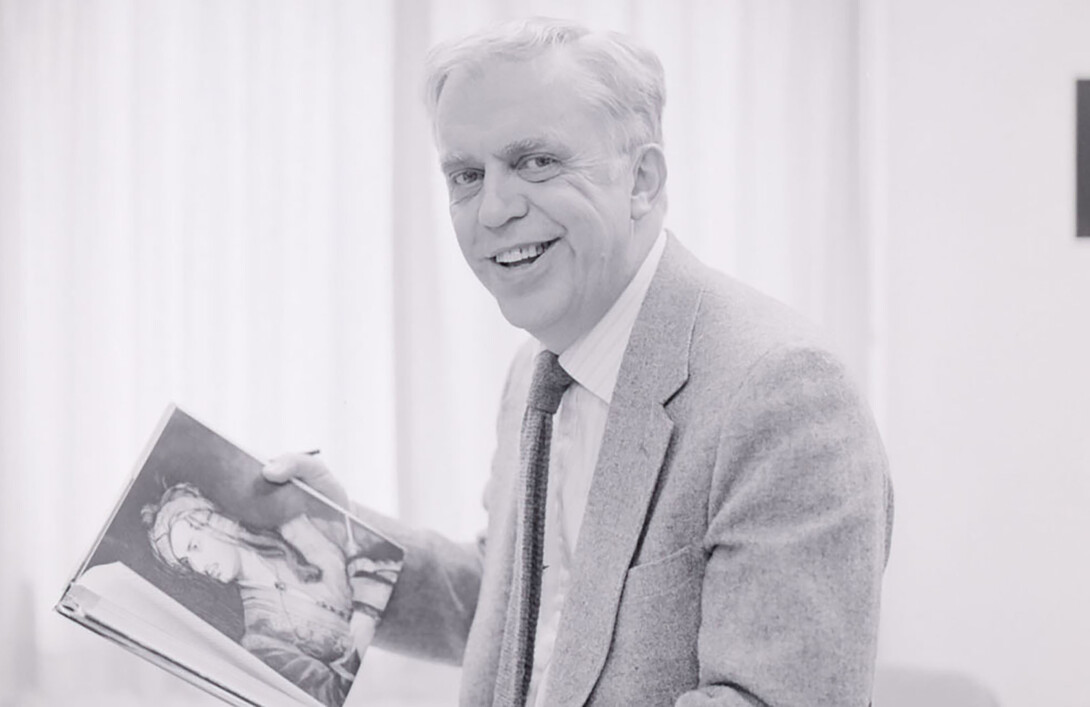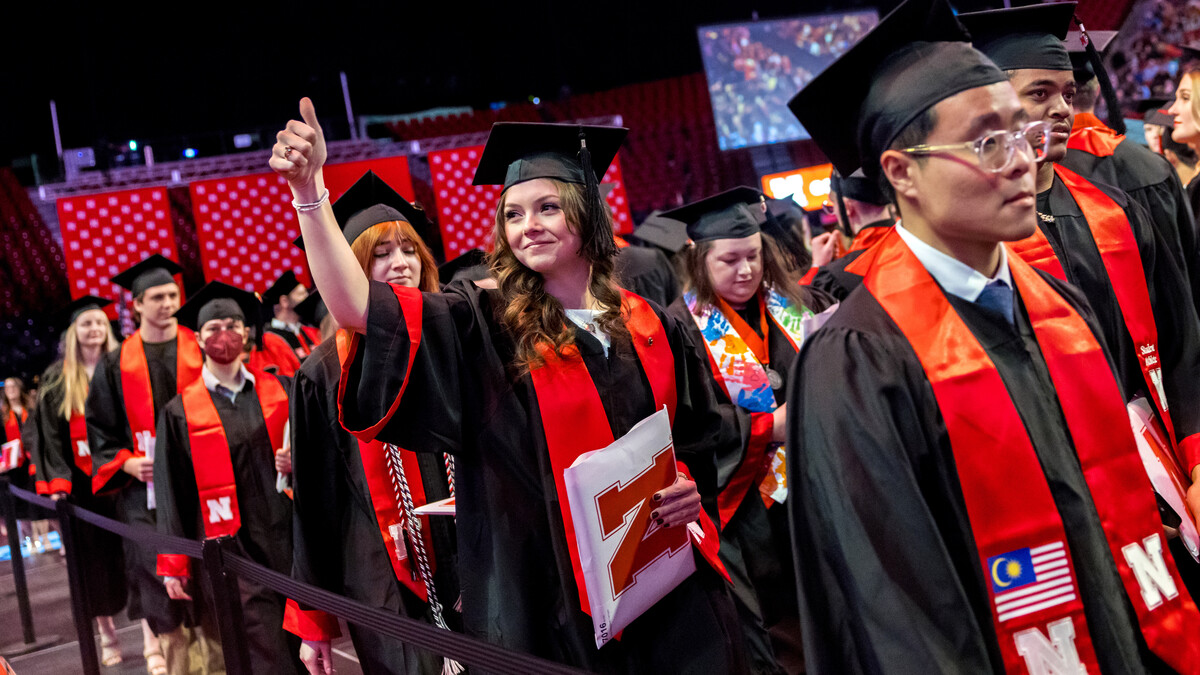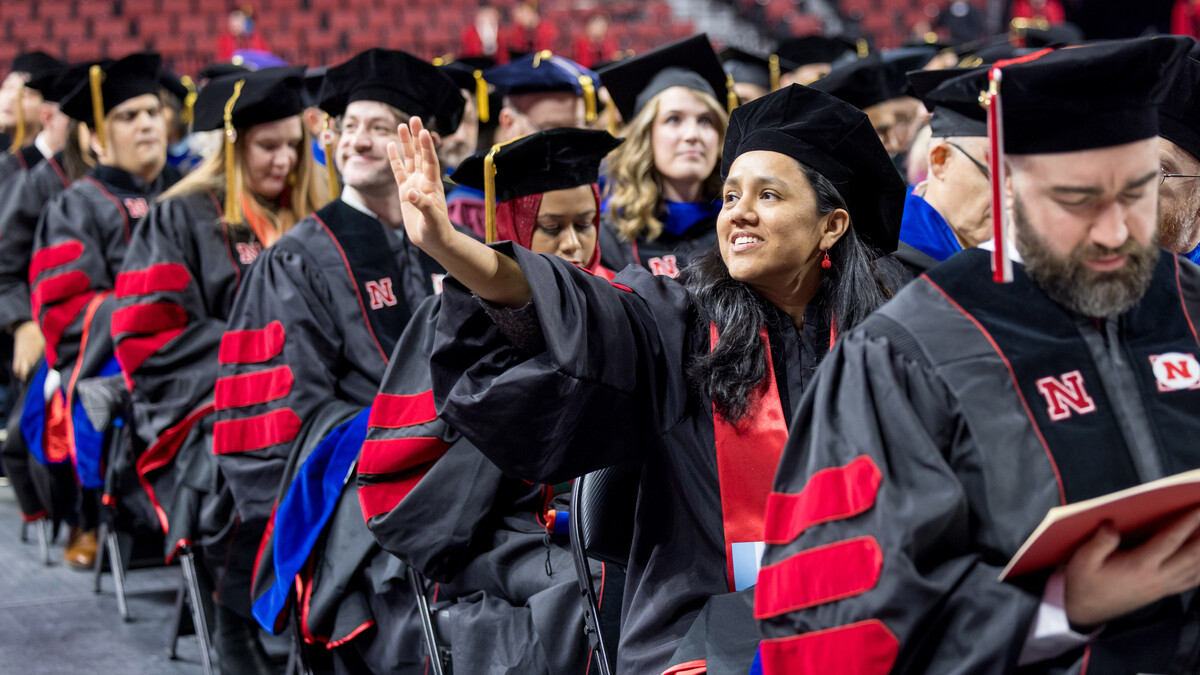
It was 1970 — just a little over a year after the Stonewall Uprising began a long forward march toward civil rights for the United States’ LGBTQ community.
At the University of Nebraska–Lincoln, Louis Crompton, professor of English, was on the leading edge of change — introducing one of nation’s first gay studies classes in the fall semester.
The course, Proseminar in Homophile Studies, was an interdisciplinary course, cross-listed in the English, sociology and anthropology departments. It was led by Crompton, professor James K. Cole and Dr. Louis Martin.
While Crompton led the development of the course and created its syllabus, a faculty steering committee moved Crompton to the position of coordinator and Cole was placed in control of the class. This was likely because Cole was a professor of psychology. At the time, sexual orientation was considered a mental health matter, as the American Psychological Association’s opinion regarded homosexuality as a mental health disorder. The APA changed this stance in 1973.
The course quickly caught the attention of the Nebraska State Legislature and the general public, and generated discourse over academic freedom.
As an openly gay man and activist for gay rights, Crompton’s personal life was brought into the debate. One legislator, Sen. Terry Carpenter of Scottsbluff, asked questions in a hearing about Crompton’s sexual preferences and called for the university to release the class roster so the parents of the 34 students enrolled in the course could be contacted.
With so much public discussion surrounding the course, students in the class were instructed to be careful about sharing any information that could identify their fellow classmates.
Tom Albin, an alumnus who earned degrees in 1973, 1975 and 1986, was one of those students. At the time he was considering studies in clinical psychology and law, and was interested in seeing how the course materials would be relevant in those capacities.
“One of the benefits, I think, of an education is being exposed to new things and new ideas, especially coming from small town,” Albin, who grew up in Humboldt, Nebraska, said.
While the discussion continued outside of the classroom on the subject of the course, Crompton, Cole, Martin and their students carried on with their studies unhindered, making history as Nebraska’s first gay studies cohort.
Crompton left a lasting impact on the university through his contributions to the community. He was instrumental in the foundational years of the university’s Gay Action Group, a student organization for which he acted as the faculty adviser. The group went on to become Spectrum UNL, which is still active on campus.
Crompton passed away in 2009. That same year, the first scholarship named after him and his husband, Luis Diaz-Perdomo, was established, given each year through the LGBTQA+ Resource Center.







